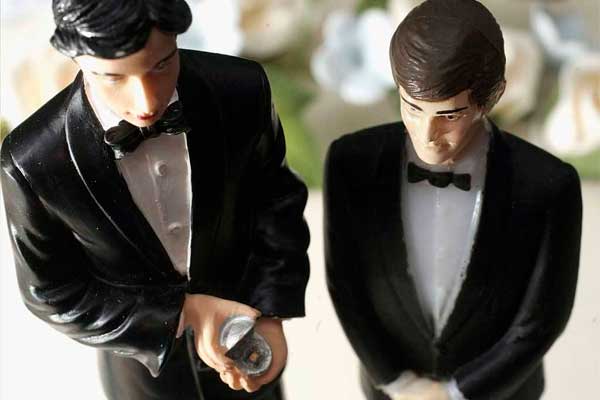It is a wearyingly obvious observation, but the Church of England remains crippled by the gay crisis. It is locked in disastrous self-opposition, alienated from its largely liberal nature. Maybe the new Archbishop of Canterbury, Justin Welby, has a secret plan that will break the deadlock: there is no sign of it yet. The advent of gay marriage has made the situation look even more hopeless. It entrenches the church in its official conservatism, and it further radicalises the liberals. A few weeks ago the church issued a report clarifying its opposition to gay marriage, in which it ruled out the blessing of gay partnerships. This was not a hopeful move: it ought to be keeping these issues separate.
The ending of the turbulent Williams era is an opportunity to take stock, rethink, take a step back. What we see is that, for more than 20 years, the church has tried and failed to reform its line on homosexuality; and this failure has been amazingly costly. The church used to be good at gradual reform. Why did it fail so dismally this time?
I blame the liberals. In the 1990s they had the chance to nudge the church towards an official acceptance of homosexuality, which was already unofficially semi-accepted through most of the church. And they blew it. They chose gay-rights radicalism over careful gradualism. Because they failed to forge a moderate-liberal consensus, the evangelicals won. It’s time to admit this, and to have another crack at a moderate-liberal third way.
But is there such a thing as a moderate-liberal position on God and gays? Isn’t it either-or: either homosexuality is condemned in the Bible, or it’s fine, and the only problem is our inherited bigotry? That’s the standard assumption, promoted by both strident sides of this grim debate, but I don’t quite buy it.









Comments
Join the debate for just £1 a month
Be part of the conversation with other Spectator readers by getting your first three months for £3.
UNLOCK ACCESS Just £1 a monthAlready a subscriber? Log in